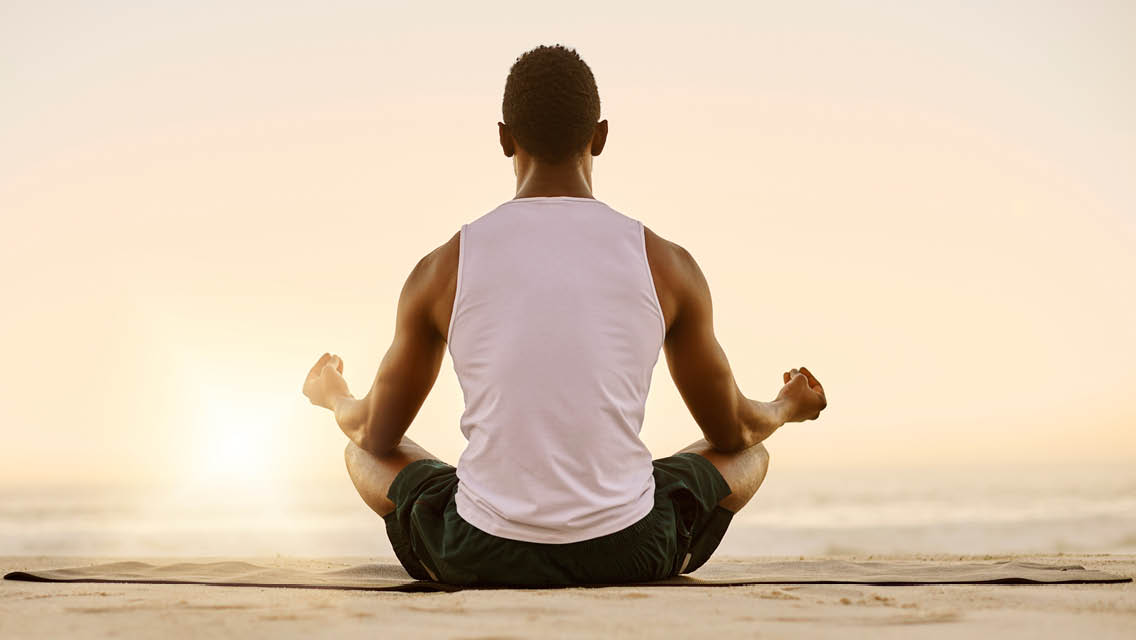Rest is powerful, even subversive. This is especially true, advises Tricia Hersey, author of Rest Is Resistance: A Manifesto and The Nap Ministry’s Rest Deck: 50 Practices to Resist Grind Culture, and founder of The Nap Ministry, if you belong to a marginalized group that has traditionally been expected to feel less pain and work harder. These unspoken expectations can lead to a feeling of alienation from your own body, such that you might not even know you need rest. Or if you do, you don’t want to admit it.
“When we do listen to our bodies and take rest, many feel extreme guilt and shame,” Hersey notes. Still, she says, identifying that the very idea of laziness was born of a damaged and damaging system can make it easier to reject — and in turn, easier to embrace your own sacred nature.
According to Saundra Dalton-Smith, MD, author of Sacred Rest: Recover Your Life, Renew Your Energy, Restore Your Sanity, these are signs of a spiritual-rest deficit:
- You feel a decreased sense of accomplishment.
- You feel helpless.
- You feel numb and apathetic.
Spiritual rest offers a way to calm your body and mind by connecting to a higher power. For Dalton-Smith, that power is God. Prayer or meditation can be excellent forms of spiritual rest if you have a religious background.
Others might find spiritual rest by connecting to another kind of higher power, such as nature. “Nature bathing is a practice you can do in any natural environment that feels restorative to you,” says breathwork expert Ashley Neese, author of Permission to Rest. This could be a 20-minute stroll through a botanical garden or a long hike somewhere farther afield.
Spiritual rest is anything that reminds you that you are part of the world, and that the world is a part of you. This helps you accept that you are an important and inextricable element of the universe — but that you are not responsible for everything. You can take a break.





This Post Has 0 Comments